Learn more about 1031 Exchanges and if one is right for you.
Over the years of participating in the real estate industry, both as a Realtor and property owner, the topic of 1031 Exchanges pops up from time to time. As a Realtor, I have assisted clients with numerous 1031 Exchanges over the years. I don't know if you have heard of this type of exchange or not, but my gut tells me if you're reading this blog, then you might want to learn more. For the sake of this blog, I am not diving deeply but focusing high-level.
History of 1031 Exchanges:
In 1918 the US Congress adopted the first income tax code, as part of The Revenue Act of 1918. Because the Act did not provide for a tax-deferred like-kind exchange, it created Section 1031 of the Internal Revenue Code (IRC) in 1921. This section became authorized as part of The Revenue Act of 1921. Like many tax laws, acts, and articles, the provisions set forth changed, including the section code number. However, in the 1954 Amendment to the Federal Tax code modified and once again became Section 1031 of the IRC. To this day, the definition and description of a 'tax-deferred like-kind' exchange are the same.
What is a 1031 Exchange?
In simple terms: a 1031 Exchange allows an Investor to sell an investment property and roll the proceeds into the purchase of a new investment property to defer all capital gains taxes. By utilizing the money that an investor would otherwise pay to the IRS in taxes, the investor can now add it to a down payment and acquire a more valuable investment property.
What Does a 1031 Exchange Protect?
A 1031 Exchange strategy allows an investor to 'defer' paying any capital gains taxes on an investment property when it sells, but only if purchasing a new like-kind property with the profit gained from the sale of the first property. This 'tax-deferred like-kind' exchange is what the 1954 Amendment tax code referred to when it was modified.
Is a 1031 Exchange Right for You?
You might ask yourself what type of property fits a 1031 Exchange. In terms of real estate, you can exchange almost any type of property as long as it is NOT your personal residence. Here are some of the guidelines for what is allowed within the United States. The property purchased must:
Be a Like-Kind Property
Be an Investment or Business Property Only
Be of Greater or Equal Value than the Sold Property
Be Exchanged for a lesser value property (but that won’t be 100% tax-free)
Be Purchased using the same name on the property sold as purchased
Be identified in 45 days (known as the 45-Day Identification Window)
Be purchased in the 180-Day Purchase Window.
At the beginning of my blog, I mentioned I wasn't going to drill down much on the subject, and that I'd offer a bird's eye view of a 1031 Exchange. I think I did a pretty good job of it! If you would like to learn more, I'd be more than happy to answer your questions, and if needed, direct you to a professional with a deeper understanding of tax code law.

